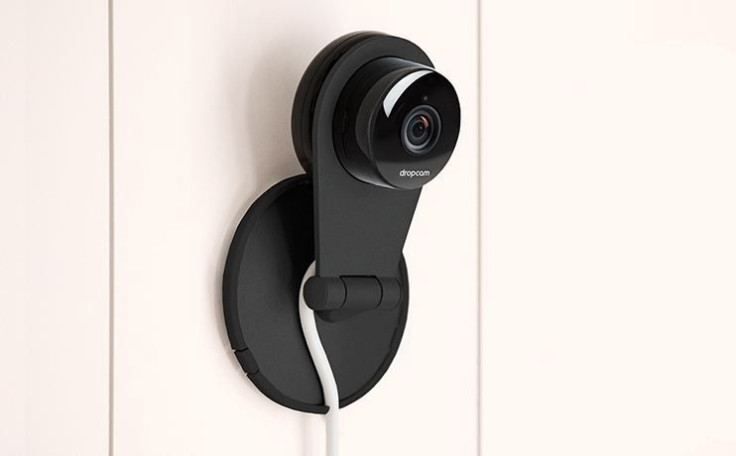Google Nest Announcement Leaves Privacy Questions Unanswered While Promising Smart Home Functionality

When Google entered the smart home market in February 2014 with its purchase of Nest, both companies sought to assure customers that their privacy would be protected. Yet questions about Google Nest’s data collection policy, and what if anything the company plans to do with that information, are being asked again with the announcement Tuesday that a new developer program will make it possible for other companies’ devices to communicate with Nest’s smoke alarm and Learning Thermostat.
Mercedez-Benz, IFTTT, Jawbone, LIFX, Whirlpool, Chamberlain and Google have all partnered with Nest to create apps and other features that will be compatible with smartphones. Google and Chamberlain have yet to unveil any products, but customers can now purchase bright-red LIFX lights that could alert a hearing-impaired customer that his smoke alarm is going off. Google Now, for instance, will allow customers to pre-set their thermostat with only their voice and, depending on whether a customer is entering or leaving his/her home, a Chamberlain garage door opener can set the Nest thermostat to “away” mode.
(A full list of the currently available options and their capabilities can be found here.)
“It’s not just integration for integration’s sake, or connectivity just to connect,” Matt Rogers, a Nest co-founder and head of engineering, told Ars Technica Tuesday. “It’s ‘What are great user benefits we could do?’ Those are the kinds of things we’re going to highlight. That said, it’s a developer program that’s opened up very widely. So whoever wants to build stuff can build stuff.”
Google and Nest have said they hope to make the world a better, safer place via smart home technology, but they've said little about how they plan to use the data collected from users' homes. That question became even more pertinent with Friday’s announcement that Google had acquired Dropcam, the maker of video camera systems for home monitoring.
In a statement about the Dropcam acquisition, Rogers said that Nest data “won’t be shared with anyone (including Google) without a customer’s permission and that they will not share a customer’s personal information with another developer nor permit them “to retain more than 10 trailing days of data.” The company has also released a white paper report analyzing anonymized information about carbon monoxide readings in a small sample of homes.
“No one’s had as many connected devices in our space before,” Rogers told Ars. “So in essence, we’re actually doing the biggest scientific study to date. All the government studies that were done when carbon monoxide was becoming a big deal and people started paying attention to it were in a couple hundred homes. This is a couple hundred thousand homes. It’s a completely different order of magnitude. It covers the whole country, all different demographics and geographies. We’re learning a lot about how homes work and can actually affect the laws now.”
Nest has been adamant that its ability to peek into customers' homes does not give Google the same insight, even though it's owned by the search giant. Google itself has broken sensitive promises in the past: when real-life customers found their names and faces in advertisements, when a user’s most frequent contacts were made publicly viewable, and when it began storing vast amounts of customer data while removing the option to opt out.
Marco Chiappetta, a Forbes contributor, acknowledged that the smartphone features are tempting and that Google’s “do no evil” mantra is comforting, but he noted that the idea of one company having so much leeway inside customers’ homes is disturbing.
“I’m not a technophobe... I embrace technology every chance I get, but giving a single company as large, powerful, intelligent and aggressive as Google the means to see, hear and track virtually every aspect of our lives gives me pause,” he wrote. “I’m not saying Google would do anything nefarious with so many tentacles in our homes, but the possibility does exist. Even if it’s not the company itself, who knows what a shady character inside Google could do with access to all of that data.”
© Copyright IBTimes 2024. All rights reserved.











